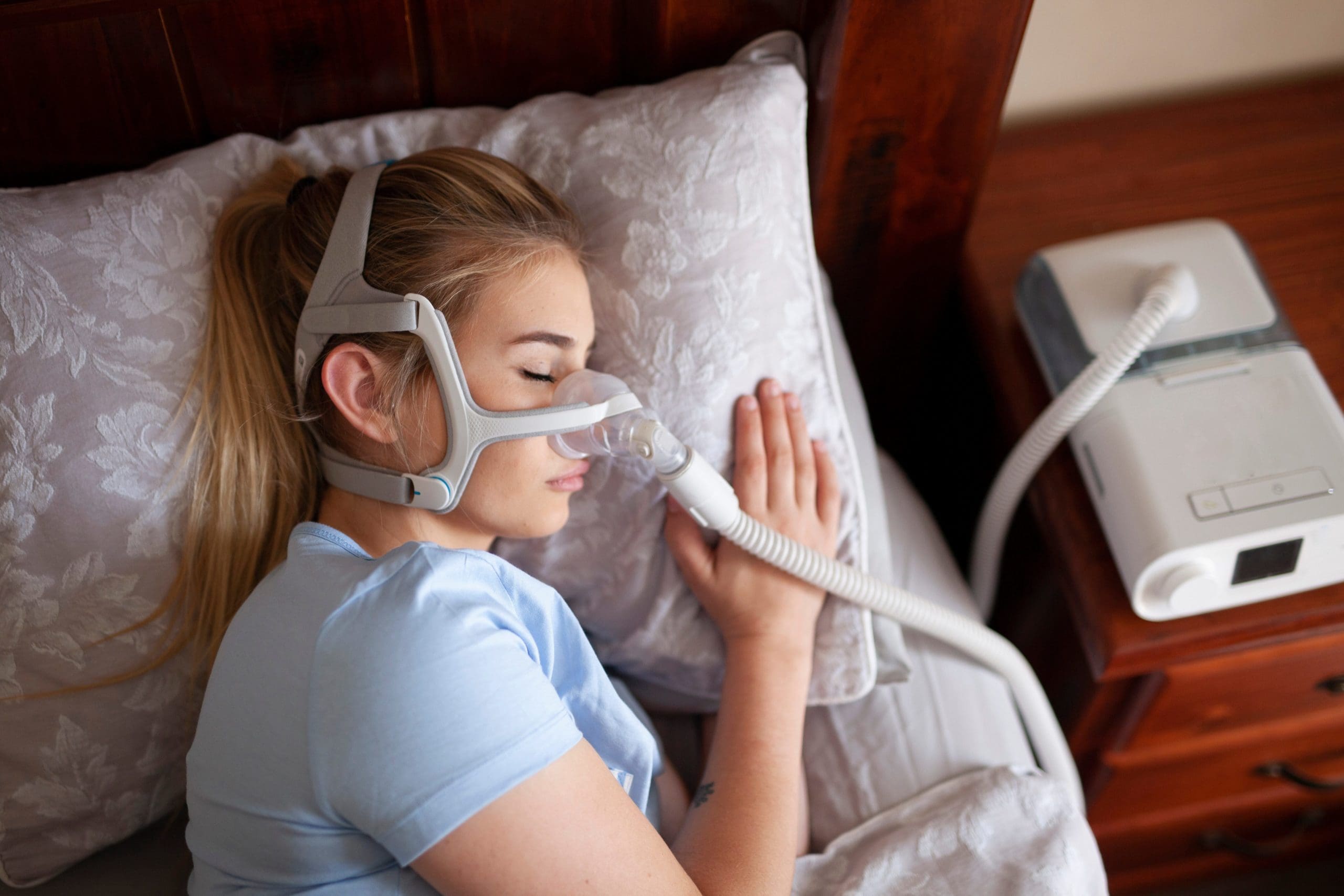The critical importance of good sleep in managing type 2 diabetes
By naturopath Margaret Jasinska
Did you know that the amount of sleep you get, plus the quality of your sleep has a significant impact on your blood sugar level? Poor sleep is a very common cause of high blood sugar. You could be doing all the right things with your diet and exercise, yet not get the results you want because of poor sleep, if you are a diabetic.
Inadequate sleep places you at higher risk of becoming overweight and of becoming a type 2 diabetic. If you already have diabetes, insufficient sleep will make it worse. It also tends to raise your blood pressure.
There is a strong association between sleep apnoea and type 2 diabetes. According to the International Diabetes Federation, up to 40 percent of people with obstructive sleep apnoea have diabetes.
Sleep apnoea is a condition where people experience shallow breathing or an interruption to breathing while they are sleeping. It happens because the airway is blocked when the mouth and throat relax during sleep for more than 10 seconds. The most common cause of blockage is fat accumulation around the neck. This is common in overweight men and in women who have an android body shape – ie. they carry excess weight around their torso and upper body.
Sleep apnoea often goes undiagnosed. In some people it causes loud snoring and associated noises, but other people with sleep apnoea don’t make much noise at all. People who live on their own usually don’t realise they snore, therefore may never become aware of the problem.
Sleep apnoea causes a great deal of fatigue during the day and this is not surprising considering that the sufferer has stopped breathing, sometimes hundreds of times throughout the night. Feeling chronically exhausted significantly reduces a person’s motivation to eat well, exercise and generally take good care of their health. Therefore people with sleep problems tend to suffer with poorer health in general.
What can be done to assist sleep apnoea?
The standard treatment is a CPAP machine (stands for continued positive airway pressure). The machine is connected to a mask especially made to fit the person’s face. The machine helps a person breathe by increasing the air pressure in the throat so that the airway doesn’t collapse each time they inhale.
Recent research has shown that people with type 2 diabetes who use a CPAP machine have significant reductions in blood sugar and blood pressure. If you are struggling to control your blood sugar level, you should consider getting tested for sleep apnoea. If left untreated, the condition significantly increases the risk of heart attacks, strokes and dementia; not to mention car accidents and work related accidents due to chronic sleep deprivation.
If you are overweight, losing weight can give a significant improvement in sleep apnoea; often it can cure the condition altogether. Losing weight is difficult at the best of times, but especially for type 2 diabetics. The insulin resistance and leptin resistance that are a feature of the disease create a very strong barrier to weight loss. The eating plan in our book Diabetes Type 2: You Can Reverse It is specifically designed to address this.
Consuming alcohol in the evening and suffering with mucus congestion in the nose and throat also make sleep apnoea worse, therefore should be addressed if you wish to overcome the condition.
References:
National Sleep Foundation. Sleep apnea and diabetes. Accessed on-line. January 17, 2015:
National Sleep Foundation. Sleep linked to gains in abdominal fat. Accessed on-line. January 17, 2015:
American Diabetes Association. Sleep apnea. Accessed on-line. January 18, 2015









Leave A Comment